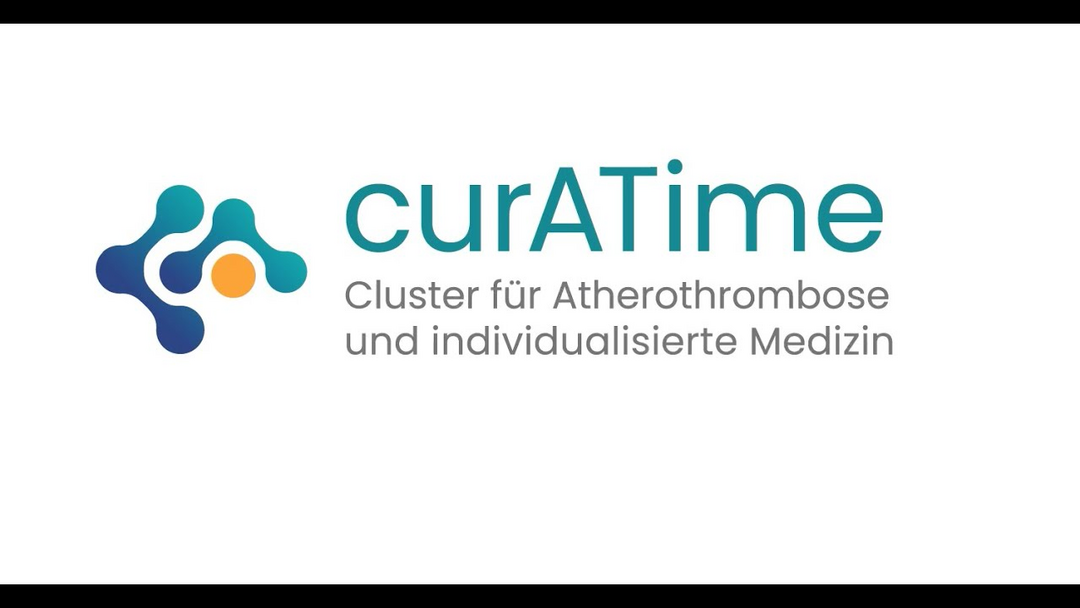The three key players, TRON, Mainz University Medical Center and DFKI, together with other partners from the Rhine-Main-Palatinate region, want to use the curATime cluster to establish a powerful network to combat cardiovascular diseases. Their vision: to reduce the impact of cardiovascular disease – the leading cause of death worldwide. By means of new treatment approaches and a significant improvement in prognosis, the aim is to significantly reduce mortality.
“In addition to the negative impact on affected individuals' quality of life, the societal and economic burdens of cardiovascular disease in particular are enormous. In the field of cardiovascular disease, there has for decades been a lack of real leap innovations. This is exactly where we want to start with curATime. Based on the latest artificial intelligence technologies, large regional population and patient cohorts, the excellence in thrombosis research available at the site, and mRNA technology, we want to transform the Rhine-Main-Palatinate region into a pioneer in the treatment of atherothrombosis," says Dr. Andrée Rothermel, spokesperson for the curATime cluster and Scientific Director of TRON.
The open-topic innovation program "Clusters4Future" is a BMBF funding initiative to strengthen knowledge and technology transfer within the framework of the High-Tech Strategy 2025. The regional approach of cluster funding is designed to create future clusters from scratch and to exploit and develop a region's innovative potential. The aim is to speed up the introduction of technological as well as social innovations into people's everyday lives. Simultaneously, the future clusters are supposed to contribute to further advancing Germany as a research and development location both nationally and internationally.
The second phase of the "Clusters4Future" initiative was kicked off in November 2020 with a total of 117 applicants. As one of the 15 finalists nationwide, curATime started the six-month conception phase funded by the BMBF in October 2021.

